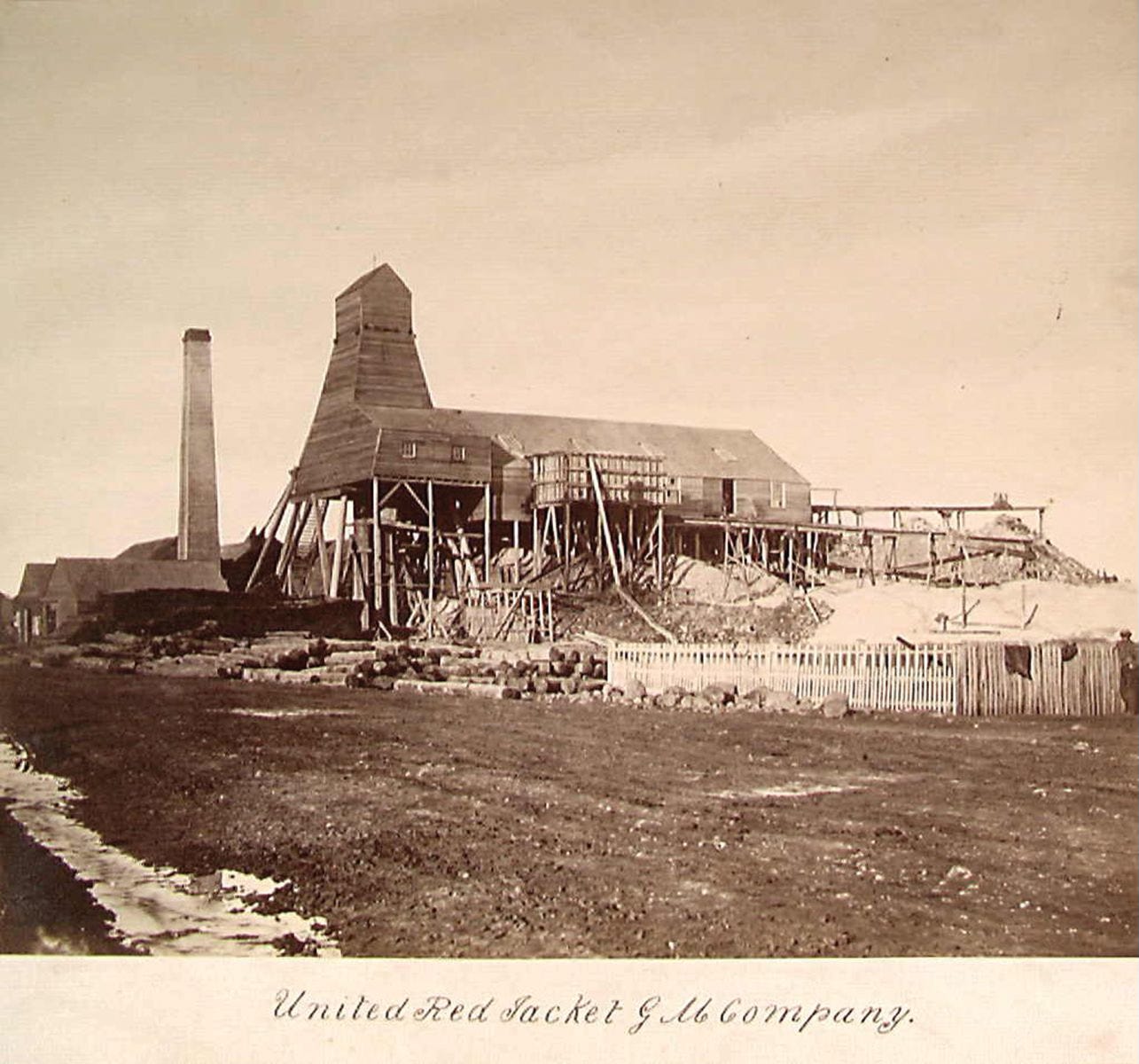
Mine as Metaphor
Beneath the dark soil of the Victorian goldfields lies more than quartz and rock. A thousand different stories are buried here, shining seams of memory, sadness, resilience, and a growing silence that runs just as deep as the gold that once led men down in hope.
My family comes from this earth. From the wind-blown flats and rusted boilers of places like Dereel, Berringa, Enfield & Sebastopol. A working-class mining district south-west of Ballarat (Victoria, Australia) that once echoed with the sounds of explosives blasting through rock and steam engines driving men up and down deep-lead mineshafts, day and night and timber cutters felling forests to make steam. My great-grandfather was one of those men, his life force faded with his ability to breathe. He died in 1922 from complications brought on by the years spent underground. His death left a widow and ten children to carry on without him, with the help of friends, relatives, and neighbours they moved from Berringa into Sebastopol where my Great-Grandmother work as a domestic servant.
This post is an invitation to journey with me into that history, to explore the metaphors and realities of life in a mining town. Not only the effects of labour and hardship, but also how we inherit the essence of place as people.
As a metaphor, the mine offers rich terrain: darkness, danger, violence, effort, silence, memory. It is what we carry without even knowing. And it is also the source of strange beauty and for those who went down, strong faith.
In the coming weeks, I’ll be sharing a series of poems and prose pieces that dig deeper into this theme. I’ll explore:
My grandmother’s childhood in Berringa & Sebastopol in the years leading up to the Great Depression and her later years as a farmer's wife raising ten children
The impact of a father’s early death and how it shaped our family’s understanding of love and loss.
The legacy of quiet grief and fierce endurance passed on to my mother
Why I write and how poetry, family, and the mining landscapes I grew up in become the world I descend into to recover what was buried, forgotten or ignored.
Reflections inspired by Natasha Trethewey and others on how geography, memory, and metaphor shape our creative language. Making us who we are as writers or artists.
The haunting story of my great-great-grandmother, who lit a candle in her window each night for a husband who never returned
I want to honour the women in my life, and those who came before. Their voices and their silences. I want to explore how their stories live on in me. How the losses, the endurance, and the landscape of their lives shape not only my family, but my art.
There are many kinds of wealth.
Some of it lies buried
waiting to be retrieved not by a drill or dynamite,
but in stories and by words.
This is my digging.
A Note on Inheritance
While this series draws primarily from the experiences of the women on my mother’s side, I could just as easily be exploring the stories passed down through my father’s family. His great-grandparents lived in the small mining town of Timor and were of Welsh descent. They, too, built their lives beside the deep lead mines that marked so much of central Victoria. Their story was also one of hardship and endurance, shaped by the same dust, fire, and emmigrant hope that ran through the goldfields. This is, in many ways, a shared inheritance.
Future Field Notes: An Invitation
To write these poems, I won’t be just sitting at my desk. I’ll be going walking. Into the old cemeteries, the forgotten paddocks, the rusted remnants of places like Timor and Sebastopol. I’ll be stopping beside mullock heaps and fenced-off mineshafts, letting my body remember the stories that the landscape holds. I’ll be feeling the weather as it was and getting my hands dirty.
This is how usually I divine for poems. Not with a rod or a magical formula for form, but with presence, listening, intuition. With walking boots and notebook. With reverence.
You could do something like this too.
You don’t need to call it poetry. You don’t need to know all the names in your family tree. But there may be a cemetery nearby. An old homestead. A hill your grandfather once mentioned. A birth certificate in a drawer, or a story half-remembered from your grandmother’s table.
Take a walk with it. Let your body carry a question. Let the landscape do some of the telling.
Don’t worry if nothing arrives right away. Meaning often floats in like dust through a a window. Slow, suspended, glowing- go with what intrigues you. If you are looking at an old photograph, follow the mystery.
You don’t need to make a pilgrimage to Spain. Sometimes the sacred is just down the road or even folded up in back of your mother’s cookbook.
What you’re looking for might already be right under your feet.





This strikes a chord. I find myself in a similar place, searching beyond the silence. Looking forward to reading your discoveries.
I look forward threading these! We are all surrounded by history - but day to day we look past it, over it, through it. We don't see it or feel it.
But it is all around us, and within us...
Dave :)